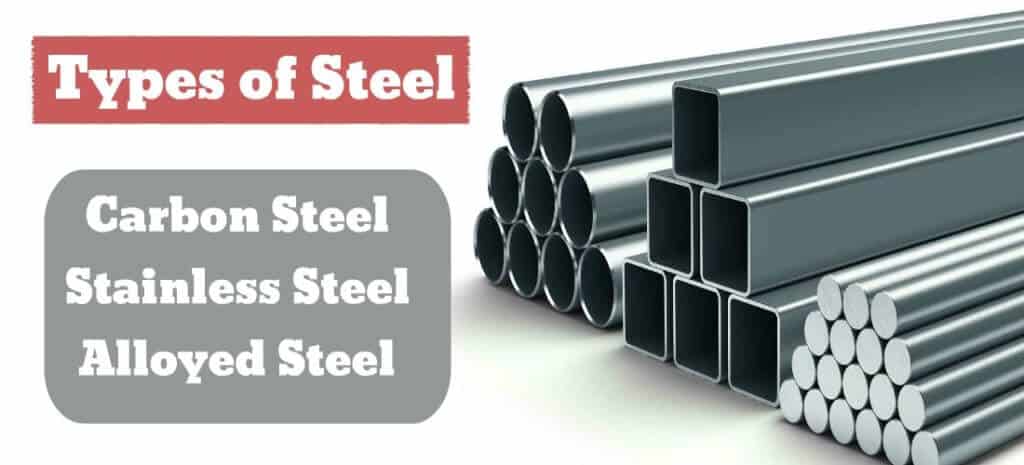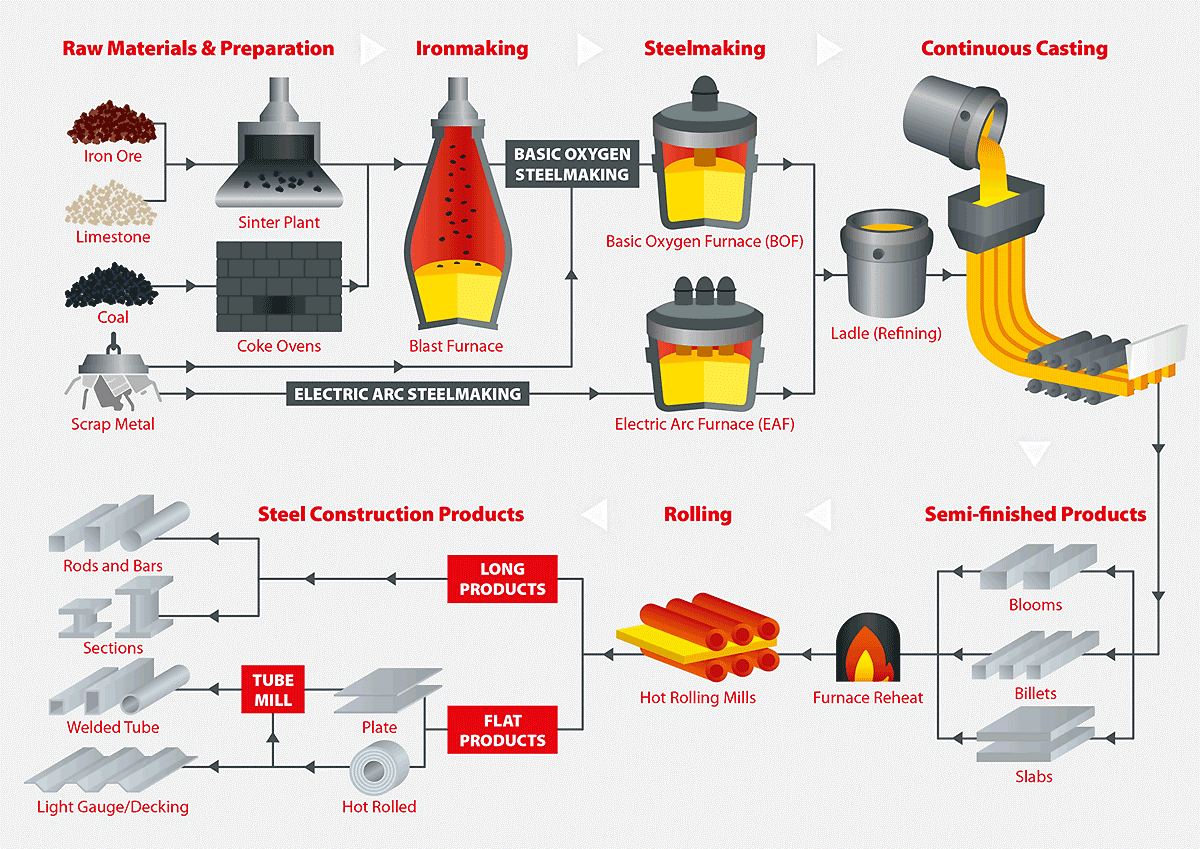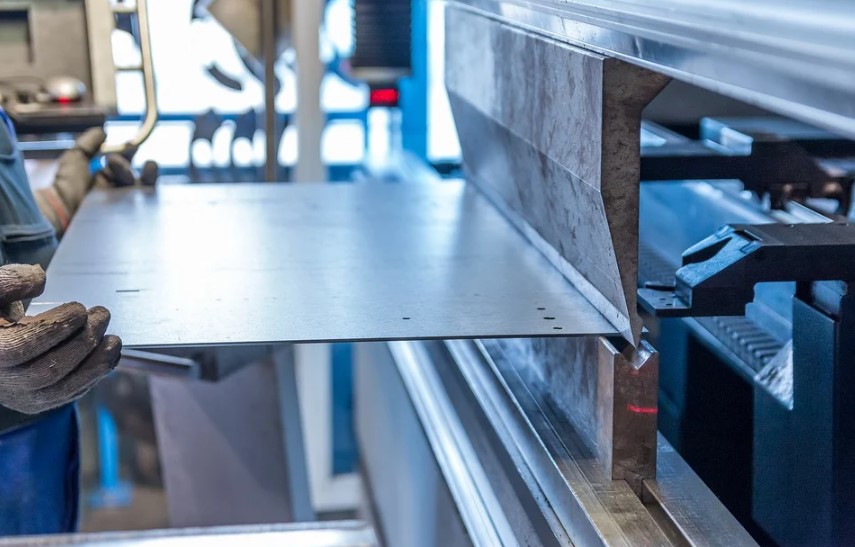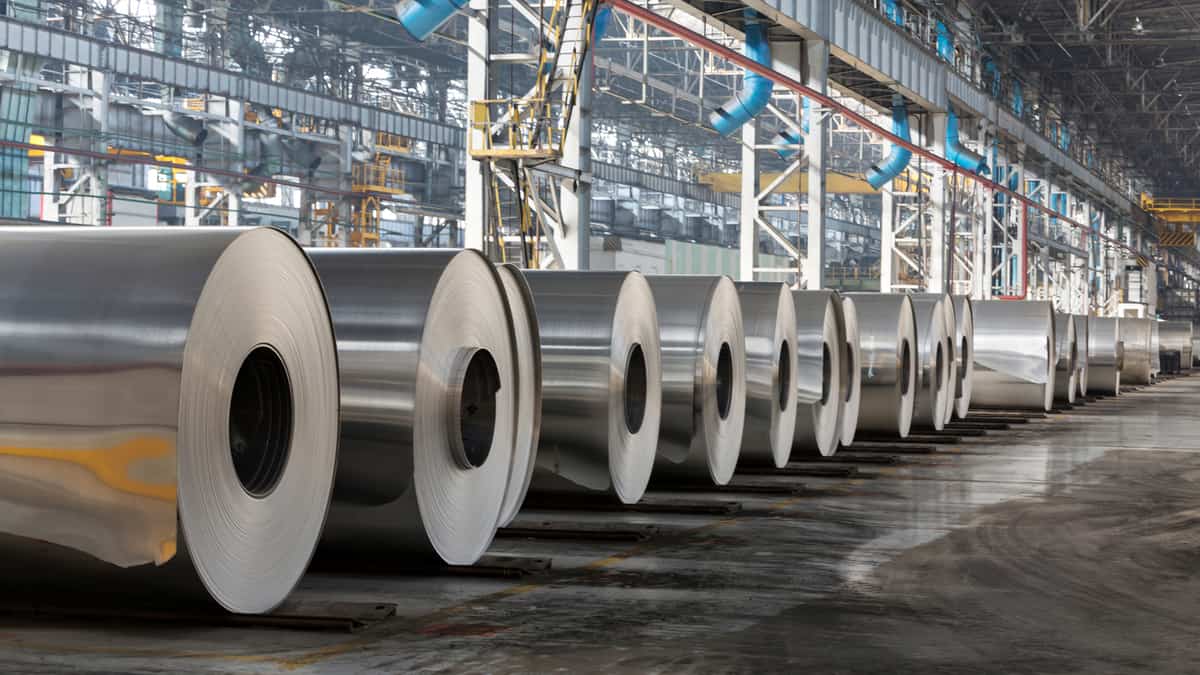Which type of business is strong steel manufacturers: 5 Ideas
Which type of business is strong steel manufacturers: Steel manufacturing is the process of producing steel from iron ore and other raw materials. This is done through a series of chemical reactions and physical processes that involve heating and shaping the raw materials. The result is a strong and durable metal used in various applications, including construction, transportation, and consumer products.
The first step in steel manufacturing is the production of iron from iron ore. This is typically done through a process known as smelting, which involves heating the ore to high temperatures in the presence of carbon. The resulting iron is then refined and purified through a series of processes, such as rolling, casting, and forging.
After the iron has been processed, it is combined with other materials, such as carbon and alloying elements, to create steel. The type and amount of these materials determine the properties of the steel, such as its strength, toughness, and corrosion resistance.
Steel manufacturing is a highly energy-intensive process that requires significant resources, including iron ore, coal, and electricity. As a result, it has a significant impact on the environment, including greenhouse gas emissions and water pollution. However, advances in technology and sustainability efforts are helping to reduce these impacts and make steel production more sustainable.
What is Steel and its Types?
Steel is an alloy of iron and carbon, with small amounts of other elements such as manganese, silicon, and sulfur. It is a strong, durable, and versatile material that is used in a wide range of applications, including construction, transportation, and manufacturing.

There are several types of steel, including:
- Carbon Steel: This is the most common type of steel and contains between 0.05% to 2.0% carbon. It is strong, tough, and ductile, making it suitable for a wide range of applications.
- Alloy Steel: This type of steel contains additional elements, such as chromium, nickel, and molybdenum, which improve its strength and corrosion resistance.
- Stainless Steel: This type of steel contains at least 10.5% chromium, which gives it excellent corrosion resistance. It is also resistant to staining and scratching, making it a popular choice for kitchen appliances and other products that come into contact with water or acidic substances.
- Tool Steel: This type of steel is specifically designed for use in tools and machinery, as it is highly wear-resistant and able to withstand high temperatures.
- High-Strength Low-Alloy (HSLA) Steel: This type of steel has a higher strength-to-weight ratio than carbon steel, making it lighter and more durable. It is often used in the construction of vehicles, bridges, and other structures.
What is the steel manufacturing process?
The steel manufacturing process involves several steps:

- Iron ore mining: Iron ore is mined from the earth and is then transported to steel mills.
- Preparation of raw materials: The raw materials are then prepared for the steelmaking process. This involves crushing and grinding the ore to a fine powder, and adding various additives such as limestone and coke to create the desired chemical composition.
- Blast furnace process: The raw materials are then placed into a blast furnace and melted down to create molten iron.
- Basic oxygen furnace process: The molten iron is then poured into a basic oxygen furnace, where oxygen is blown through the iron to remove impurities such as carbon, silicon, and sulfur. This process creates high-quality steel known as basic oxygen steel.
- Continuous casting: The steel is then poured into a mold and allowed to solidify, forming a long continuous strand of steel.
- Hot rolling: The continuous steel strand is then passed through a series of rollers to reduce its thickness and create the desired shape and size.
- Cold rolling: The hot-rolled steel is then passed through a series of rollers at a lower temperature to further refine its shape and improve its surface finish.
- Finishing: The steel is then subjected to various finishing processes, such as cleaning, pickling, and galvanizing, to prepare it for use in various applications.
Also Read: How To Start A Hotshot Business In 8 Steps
Different Types of Businesses that Manufacture Steel
Steel is a vital component in many industries, including construction, transportation, and manufacturing. There are various types of businesses that manufacture steel, each with its own unique process and focus. Here are a few examples:

1. Integrated steel mills
These businesses handle all aspects of steel production, from raw materials to finished products. They typically start by mining iron ore and coal, which are used to create coke, a fuel that is burned to heat the furnace. The furnace then melts the iron ore and other materials, creating liquid steel. This steel is then processed through various stages to create the finished product. Integrated steel mills are typically large operations that employ thousands of people.
2. Mini mills
Mini mills are smaller operations that use recycled steel as their main raw material. They have a shorter production process compared to integrated steel mills, as they don’t have to go through the steps of mining and creating coke. Instead, they purchase scrap steel and use electric arc furnaces to melt it down and create new steel products. Mini mills are usually more flexible and responsive to market changes, as they can quickly adjust production to meet demand.
3- Specialty steel mills
These businesses focus on producing specific types of steel, such as stainless steel or alloy steel. They may use a combination of raw materials and recycled steel to create these specialized products. Specialty steel mills often serve niche markets and may have more specialized equipment and processes than other types of steel mills.
4. Rolling mills
Rolling mills are businesses that specialize in shaping steel into specific shapes and sizes. They use large rolls to press and shape the steel into the desired form, such as sheets, bars, or pipes. Rolling mills may work with raw steel or finished products, depending on their focus.
5. Foundries
Foundries are businesses that create steel products by casting them in molds. They may use various methods to create the molds, including sand casting, die casting, or investment casting. Foundries often work with specialized alloys and may have highly specialized equipment and processes.
Overall, there are many different types of businesses that manufacture steel, each with its own unique focus and process. Whether producing raw steel, specialized products, or shaping and molding steel into specific forms, these businesses play a vital role in the global economy.
Advantages of Being a Strong Steel Manufacturer
- Strong financial stability: As a strong steel manufacturer, you are likely to have a strong financial foundation and be able to withstand economic downturns or market fluctuations. This stability allows you to make long-term investments and strategic decisions without fear of financial insecurity.
- Positive reputation: A strong steel manufacturer is likely to have a positive reputation within the industry, which can lead to increased business opportunities and partnerships. Customers and clients will be more likely to trust and rely on a company with a proven track record of producing high-quality steel products.
- Strong supply chain: Being a strong steel manufacturer means having a reliable and efficient supply chain, which can help you meet customer demands and reduce production delays. This can lead to increased customer satisfaction and loyalty.
- Ability to invest in technology: As a strong steel manufacturer, you will have the financial resources to invest in the latest technology and machinery, which can improve efficiency and productivity. This can also give you a competitive advantage over smaller, less financially stable companies.
- Employee retention: A strong steel manufacturer is likely to have a positive work environment and be able to offer competitive wages and benefits, which can lead to increased employee retention. This can result in a more skilled and experienced workforce, which can lead to increased efficiency and productivity.
How To Discover Your Niche in the Market of steel manufacturing business
Starting a business in the steel manufacturing industry can be a lucrative and rewarding endeavor, but it’s important to know how to find your niche in the market. Here are some tips on how to discover your niche in the steel manufacturing industry:
- Research the market: Before diving into the industry, it’s important to understand the current market and what products and services are already being offered. Look for areas where there is a demand for a specific type of steel or a need for a unique manufacturing process.
- Identify your target audience: Who is your target market? Are you catering to small businesses or large corporations? Are you focusing on domestic or international customers? Understanding your target audience will help you tailor your products and services to meet their specific needs.
- Define your value proposition: What makes your business unique and sets you apart from the competition? This could be a specialized manufacturing process, a focus on sustainability, or offering custom solutions for clients. Clearly defining your value proposition will help you stand out in the market.
- Find a niche within a niche: The steel manufacturing industry is vast, and there are many opportunities to specialize within it. Consider finding a niche within a niche, such as focusing on a specific type of steel or serving a specific industry, such as construction or automotive.
- Test your ideas: Don’t be afraid to test out different ideas and see what works. This could involve offering a new product or service, or targeting a new market segment. Testing your ideas will help you refine your focus and find your niche in the market.
Discovering your niche in the steel manufacturing industry takes time and research, but it’s an important step in building a successful business. By understanding the market, identifying your target audience, defining your value proposition, and testing your ideas, you can find a niche that sets you apart from the competition and allows you to thrive in the industry.
Conclusion
Based on our research, strong steel manufacturers are a strong type of business due to several factors. Firstly, steel is a widely used material in various industries, including construction, automotive, and aerospace, which creates a consistent demand for steel products. Secondly, steel is a durable and long-lasting material, which means that it has a relatively low replacement rate compared to other materials.
This helps ensure a steady stream of revenue for steel manufacturers. Finally, the production of steel requires advanced technology and skilled labor, which can act as barriers to entry for potential competitors. Overall, strong steel manufacturers are well-positioned to thrive in the marketplace.

